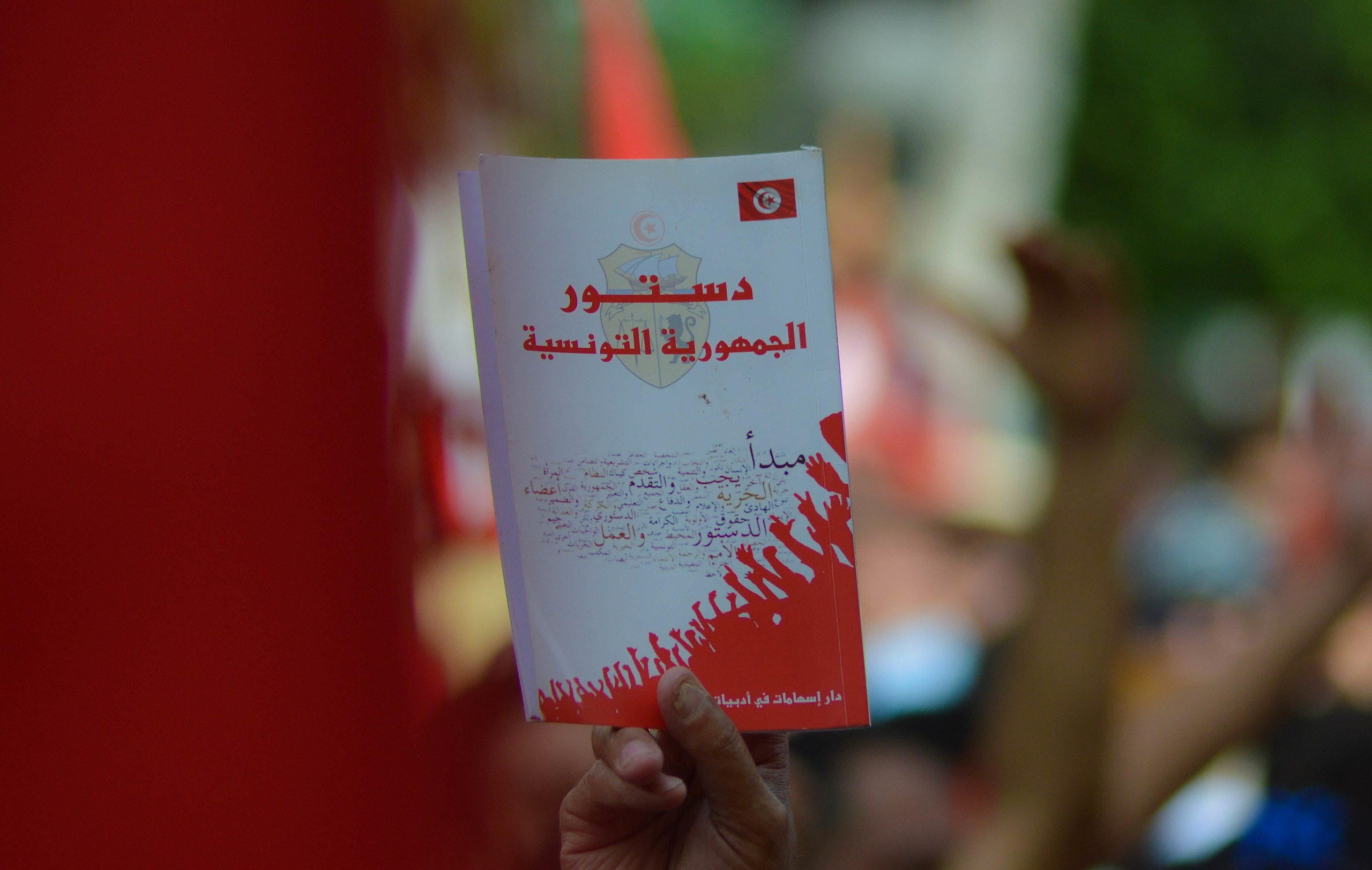
Legitimacy of presidential election in Tunisia is threatened, say legal experts
Legal experts in Tunisia issued a warning on Thursday, stating that should the electoral commission disregard the court’s ruling from last week to reinstate three rejected candidates, it will weaken the validity of the country’s presidential election next month.
Numerous academics in Tunisia issued the warning in a statement, wherein rights groups charge President Kais Saied with tearing apart the democracy that was established following the Arab Spring.
After the commission rejected their candidacies, three well-known candidates—Mondher Znaidi, opens new tab, Abdellatif Mekki, and Imed Daimi—were reinstated last week by the administrative court, the highest court that hears cases involving elections.
However, the election commission disregarded the court’s decision this week. It only authorized Saied’s and two other candidates’ candidacies for the election: Ayachi Zammel and Zouhair Magzhaoui.
All sides, activists, and rights groups have strongly criticized the decision.
Znaidi, Daimi, and Mekki declared they would carry on with their legal defense against the commission for allegedly engaging in a “fraud” that was intended to provide Saied a chance to earn a second term.
About ninety law professors and other academics, who are generally regarded as impartial in Tunisia’s convoluted political environment, signed the statement, which urged the commission “to abide by the Court’s decision to ensure the credibility of the electoral process and protect the rule of law”.
“The decision made by the commission jeopardizes the electoral process by impacting its legitimacy and integrity, which inevitably prompts doubts about the election outcomes,” they continued.
Wednesday, the public prosecutor issued an order for Zammel’s incarceration and opened a fresh case against him after he was taken into custody on charges of fabricating official endorsements. Zammel has denied any wrongdoing and claims that his significant challenger in the race is intimidating him.
After winning a democratic election in 2019, Saied strengthened his hold on power and started governing by decree in 2021, a move that the opposition referred to as a coup. He declared last year that “non-patriots” will not rule Tunisia.
All Categories
Recent Posts
Tags
+13162306000
zoneyetu@yahoo.com


